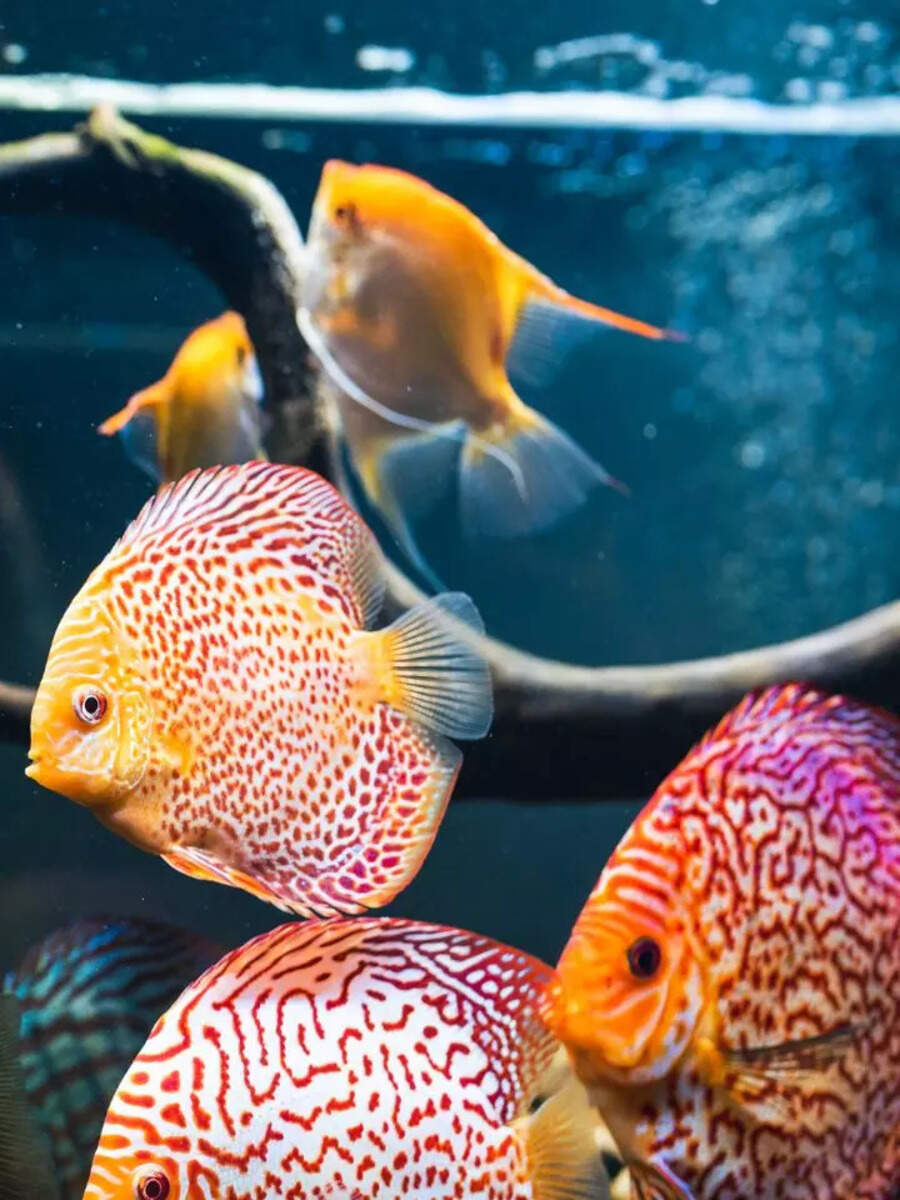- close
01/7The night of Shiva
Mahashivratri is one of the most powerful Shivratri in Hindu culture, and is celebrated annually in devotion towards Lord Shiva. Mahashivratri falls on the 14th day of the dark fortnight in the month of Phalgun according to the Hindu lunar calendar. Mahashivratri is the night of Shiva’s cosmic and strong energies and serves as a powerful route towards inner transformation and spiritual growth. When the worship, fasting etc is done with a pure heart, the devotee can experience great calmness, discipline and spiritual upliftment.
This year, Mahashivratri falls on March 8 and will be celebrated all over India.
02/7The 4 main types of Shivratri
According to ancient scriptures, there are 4 main and powerful Shivratri’s in a year. The Mahashivratri, Nitya Shivratri, Masik Shivratri and Sawan Shivratri.
Mahashivratri is the grandest celebration of Lord Shiva, observed on the 14th day of the month of Phalguna. Devotees fast, perform rituals, chant mantras, and visit Shiva temples to seek blessings and express devotion.
03/7Masik Shivratri
After Mahashivratri, the next powerful day comes in the form of Masik Shivratri, occurring every month on the 14th day of the lunar fortnight. While it is considered less significant than Mahashivratri, devotees still observe fasts and offer prayers to Lord Shiva.
04/7Sawan Shivratri
Also on the list is Sawan Shivratri that is celebrated during the month of Shravan (July-August), and Shiva devotees observe fasts, do elaborate prayers, and visit Shiva temples. Devotees offer milk, water, and Bel patra to the Shiva lingam and pray for prosperity and long life.
05/7Nitya Shivratri
Quite evident by the name, Nitya Shivaratri is everyday. That's right! People who celebrate Nitya Shivratri believe that every night is Shiva’s night. For ardent Shiva devotees, every night is Shiva’s night and Shivratri is to be celebrated everyday because every night when the humans sleep, Lord Shiva’s divine energies surround us, helping us be more spiritual and strong.
06/7Do's and don'ts of Mahashivratri
On Mahashivratri, there are some things one should do to honour Lord Shiva. First, you should fast, which means not eating much and only having fruits, milk, or water. Then, visit Shiva temples to pray and do special rituals like Rudra Abhishek to ask for Shiva's blessings. Throughout the day, it's good to chant Shiva's mantras and songs to feel his divine energy. Also, apart from the worships and rituals, make sure to perform some acts of kindness and give to those in need to show gratitude and compassion.
Plus, when it comes to things that one should not do during Navratri, is that first don't eat meat or drink alcohol, as it's a time for spiritual and mental purity. Try to avoid being negative or doing bad things, and instead focus on being positive and kind.
07/7Calmness and discipline during Mahashivratri
In a very unique way, Mahashivratri promotes a sense of calm and discipline in people. The simple practices and rituals that people do on Mahashivratri, helps them develop a calmer mind and heart.
On Mahashivratri, fasting helps cleanse the body and mind, teaching self-control and bringing inner peace. Meditating and chanting mantras during this time helps clear the mind, making it easier to connect with the divine. Prayer and worship are done with great devotion, instilling discipline and respect in spiritual practices. The everyday rituals when done with devotion and a pure heart help people be better both mentally and spiritually.
End of Story

 1 year ago
258
1 year ago
258





























 English (US)
English (US)